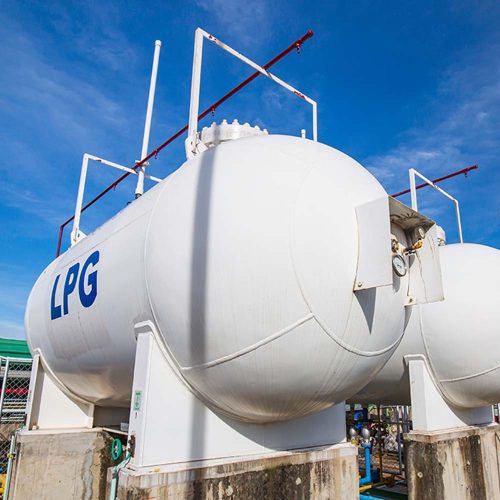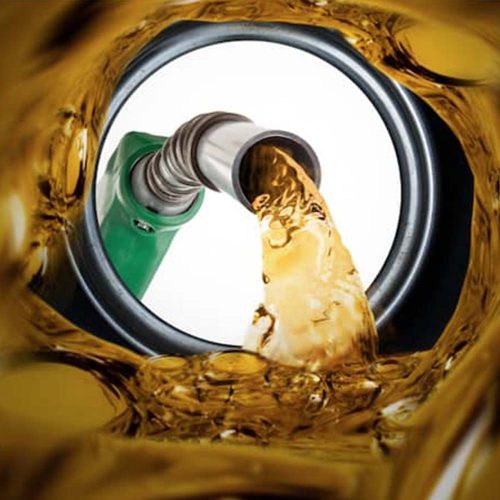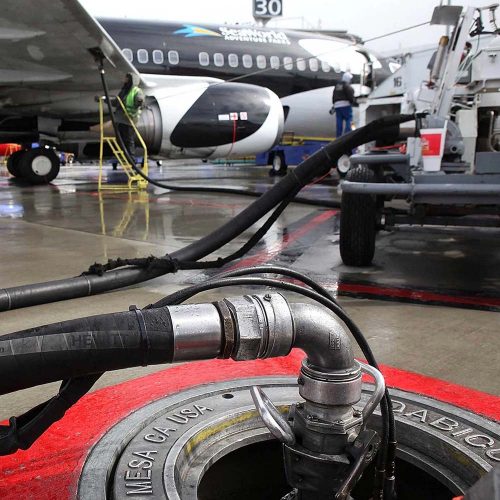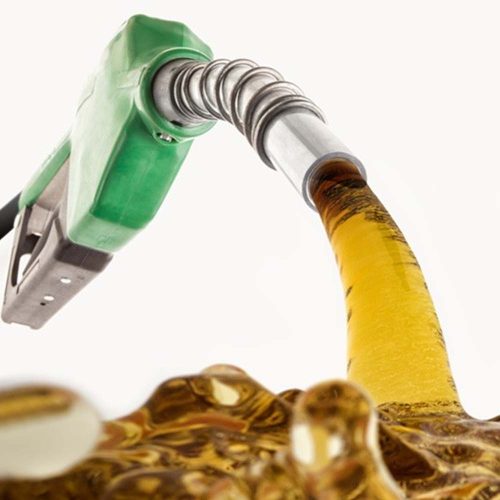Petroleum products international trading refers to the global buying and selling of products derived from crude oil, such as Jet Fuel, EN 590, D2 & D6 Diesel, LPG, and other refined products. The trade of these products is a significant industry, involving major oil-producing countries and oil companies.
The international trade of petroleum products is influenced by a range of factors, including global economic conditions, geopolitical events, weather patterns, and supply and demand fluctuations. The trade involves a complex network of suppliers, traders, and buyers who work together to ensure that the supply and demand of these products are met.
Trading of petroleum products can occur through physical delivery, spot market transactions, or through financial instruments such as futures contracts and options. Trading volumes and prices can fluctuate greatly, impacted by factors such as global demand, supply constraints, geopolitical tensions, and changes in government policies.
Despite the growing focus on alternative energy sources and environmental concerns, petroleum products remain a vital component of the global energy mix, powering transportation and manufacturing industries worldwide. The continued international trade of petroleum products is therefore likely to remain an important component of the global economy in the coming years.





